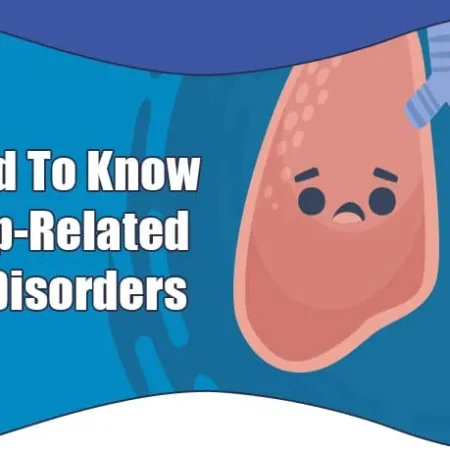
The celebration season is a joyful period, family-building, and partying, yet it might pose health dangers to people with respiratory disorders. The variation in weather, increase in pollution, and crowded activities can worsen conditions such as asthma, chronic obstructive pulmonary disease (COPD), and other pulmonary-related problems. These risks can be understood, and preventive steps taken to ensure the celebrations become safe and enjoyable to all.
Pollution Spikes During Festive Times
The rising air pollution is suddenly enhanced at numerous festivals, including fireworks, bonfires, and several vehicles. During such periods, particulate matter, nitrogen dioxide, and other detrimental pollutants rise above normal levels, leading to an increase in the risk of developing respiratory problems for patients. Brief exposure to these pollutants may also cause coughing, wheezing, and shortness of breath or worsen the symptoms of existing conditions.
Research conducted in cities has revealed that hospitalization rates because of breathing problems are high in time of large-scale festivals. Therefore, it is recommended to monitor the air quality indices (AQI) and limit the exposure to outdoor activities during the high pollution periods of the day.
Cold Weather and Respiratory Health
Cold air may irritate along with the airways, causing bronchospasms, increased production of mucus, and worsening the existing respiratory ailments. When asthmatic patients are subjected to cold weather, they usually develop a cough, get tightness in their chest, and wheeze.
There are increasing spikes of air pollution during many festivals due to firecrackers, bonfires, and vehicles. During these times, levels of particulate matter, nitrogen dioxide, and other harmful pollutants exceed the norm and place respiratory patients at risk of exacerbations. Exposure to these pollutants for a short period may cause coughing, wheezing, breathlessness, or worsen existing conditions.
Preventive Measures for Respiratory Patients
Luckily, several measures could be taken to reduce risks in the festive season:
- Keep an eye on Air Quality: During poor air quality, do not engage in outdoor physical activities, especially intense ones.
- Protective Equipment: Masks, which are used to filter the PM, may prevent the inhalation of harmful pollutants.
- Warm Clothes and indoor heating: Cold and dry air can be warmed by proper layering, and humidifiers can be used to warm the airways.
- Medication Management: The inhalers, nebulizers, and medication prescribed should be easily available. Patients need to discuss with their physicians how to change medication during high-risk periods.
- Minimize Smoke Exposure: Disturbance should not occur around fireworks, bonfires, and other smoke producers. Symptoms can be provoked even in the case of a short exposure.
- Hand Hygiene and Vaccinations: Handwashing and keeping up-to-date with flu or pneumococcal vaccines can minimize the chances of contracting a disease.
- Tidiness of the air within the home: Air purifiers should be used at home, the windows must be shut on high pollution days, and indoor smoking should also be avoided.
Encouraging Awareness and Preparedness
The need to maintain respiratory health in the festive season is frequently discussed by healthcare providers and community organizations. The dangers of the spikes of pollution and cold weather are raised through awareness campaigns that call on patients and caregivers to take precautions. Congratulations, planning in well-ventilated places, exposing oneself to the outdoor smoke, and a healthy lifestyle can also bring a tangible difference.
While the festive season is a happy time, patients with lung problems should take their health precautions seriously. The chances of getting respiratory problems might be very high if you combine pollution, chilly weather, and dust. Respirators can safely enjoy the festivities by monitoring the quality of the air, keeping warm against the cold, taking medicine, and keeping hygienic. Education and self-directed treatment are the tools that will help to make sure that celebrations are never so happy that they do not affect the health of the lungs.


